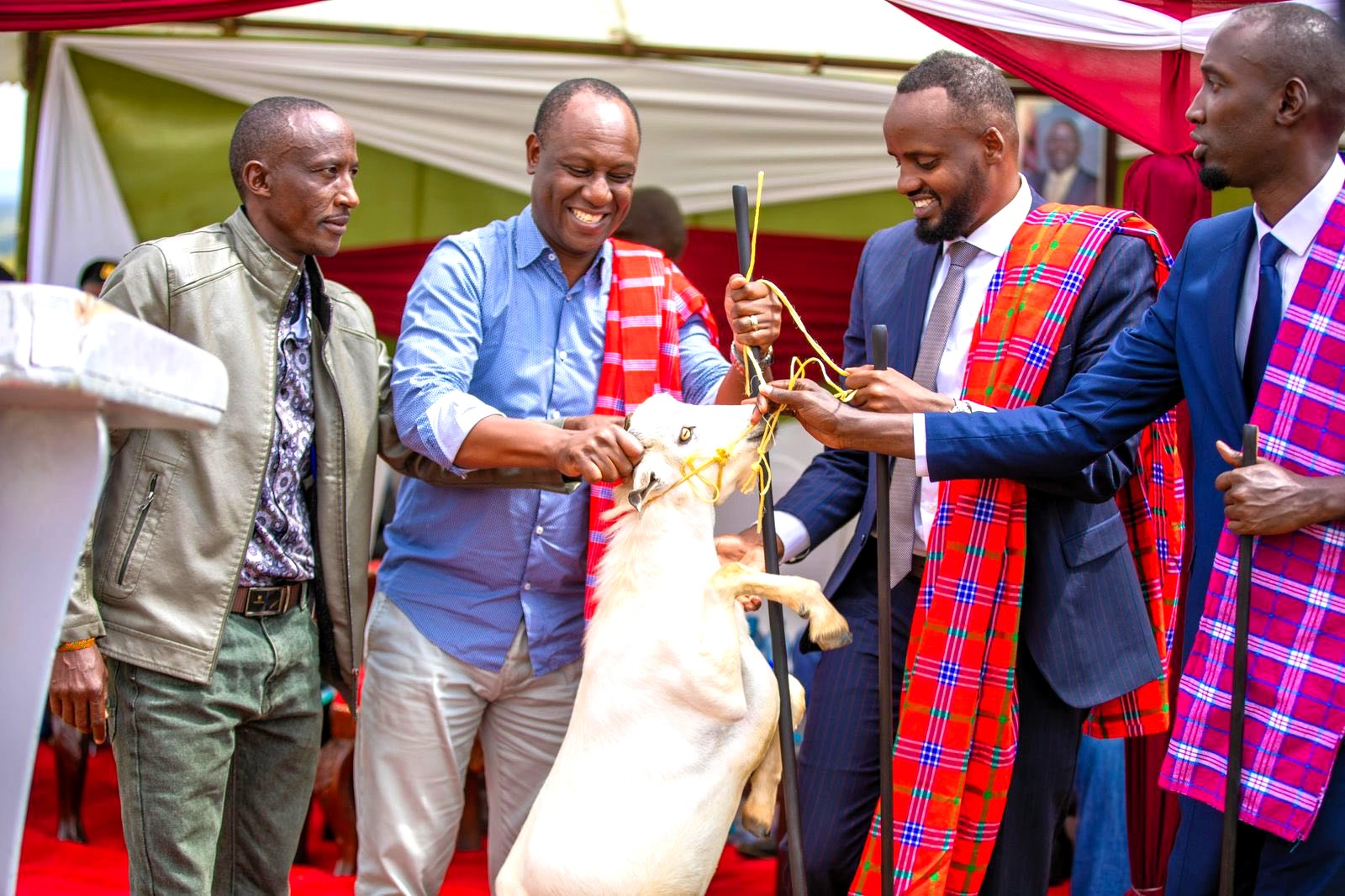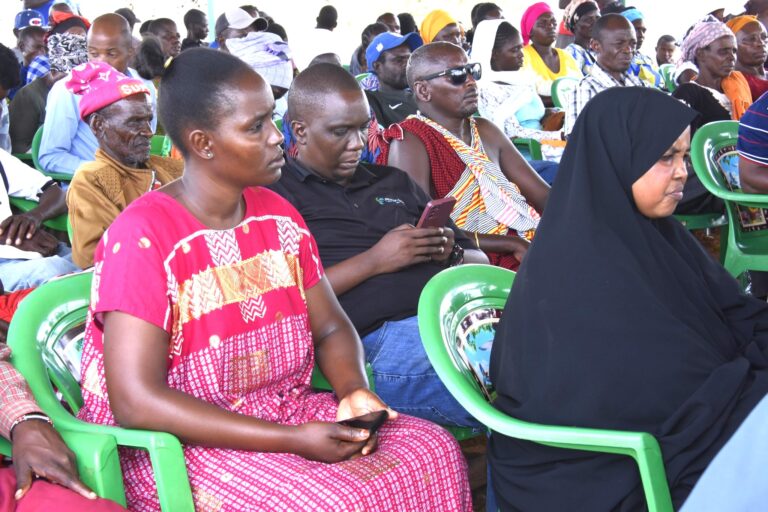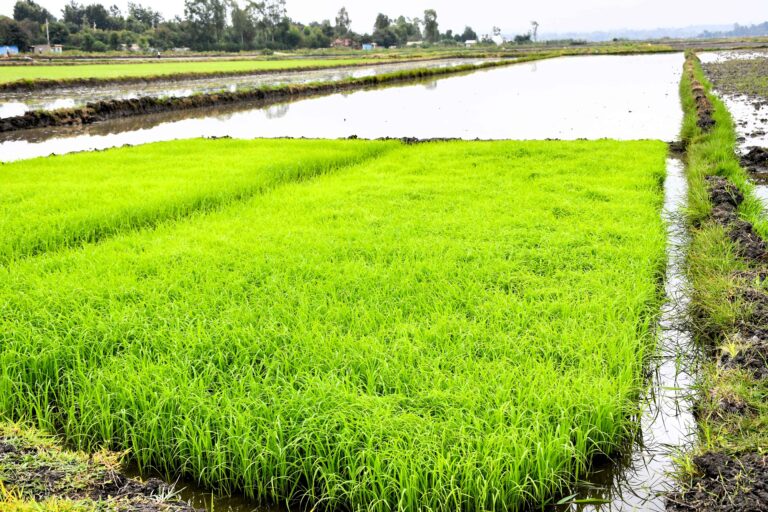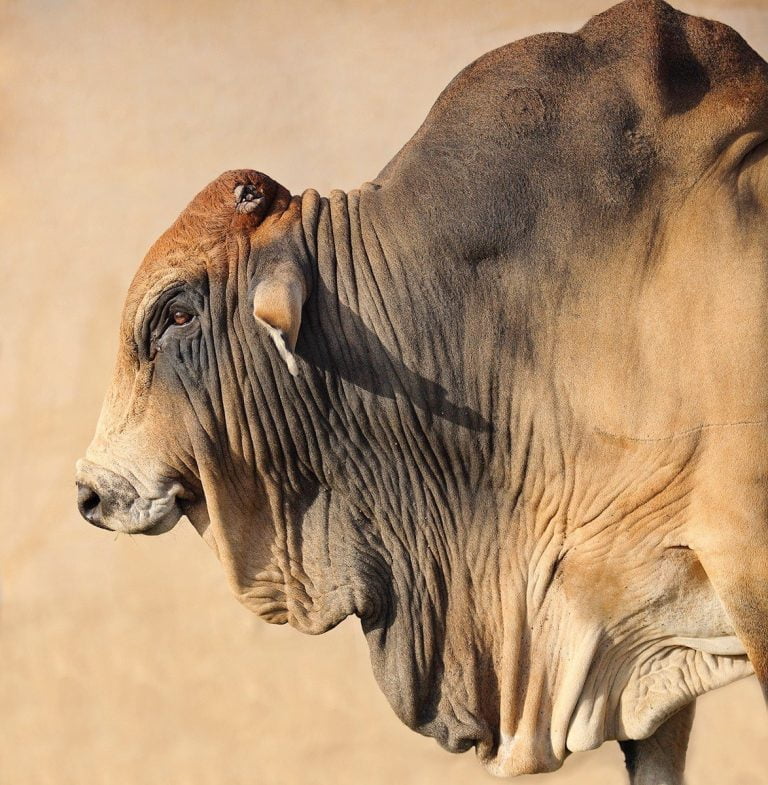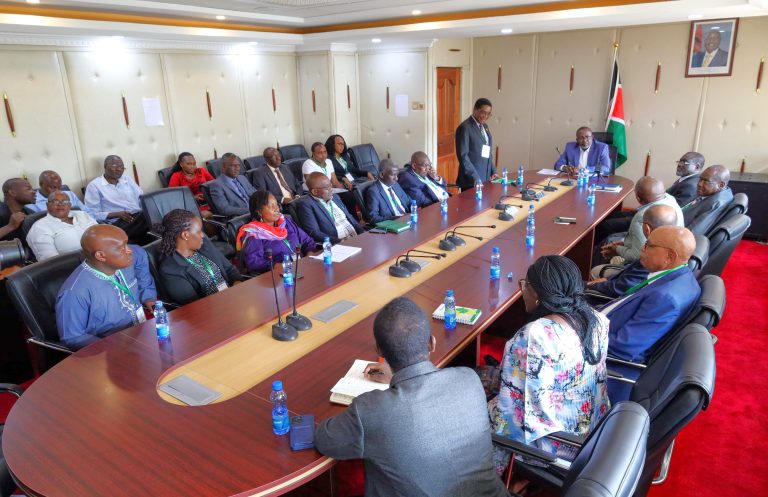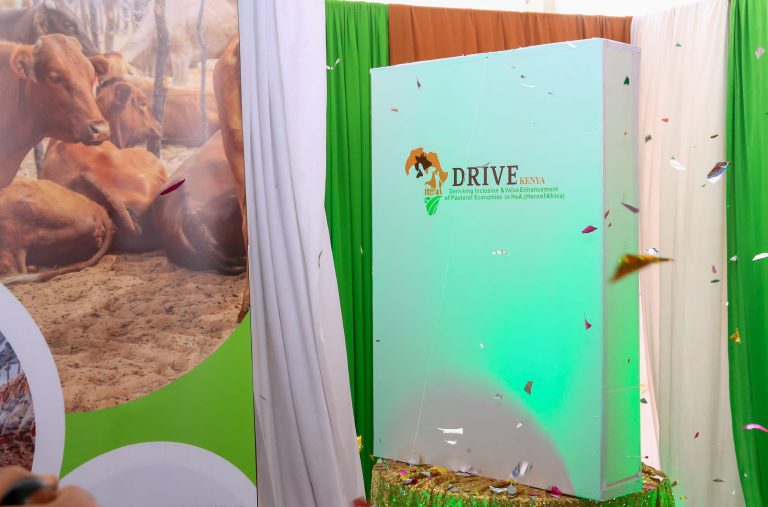The government has reaffirmed its commitment to improving livestock breeds in Samburu County, aiming to enhance the quality of local meat and milk products for access to international markets.
Speaking at the Nomotio Livestock Improvement Centre in Maralal town, Livestock Development Principal Secretary (PS) Jonathan Mueke announced that 2,810 Galana goats had been distributed under a restocking programme designed to strengthen goat breeding in the region.
Mueke added that Kenya had also secured a market for livestock products in the United Arab Emirates (UAE) through the recently signed Comprehensive Economic Partnership Agreement (CEPA), describing it as a significant step forward in the country’s livestock export strategy.
“The international markets will offer better prices for livestock products and live animals as long as we provide high-quality animals through breed improvement and vaccination,” the PS said.
Mueke said that a subsidised national mass vaccination exercise would soon commence in Samburu County following a sensitisation drive under the Food Systems Resilience Project. “I urge you to allow our extension officers to vaccinate your animals,” he appealed to local herders.
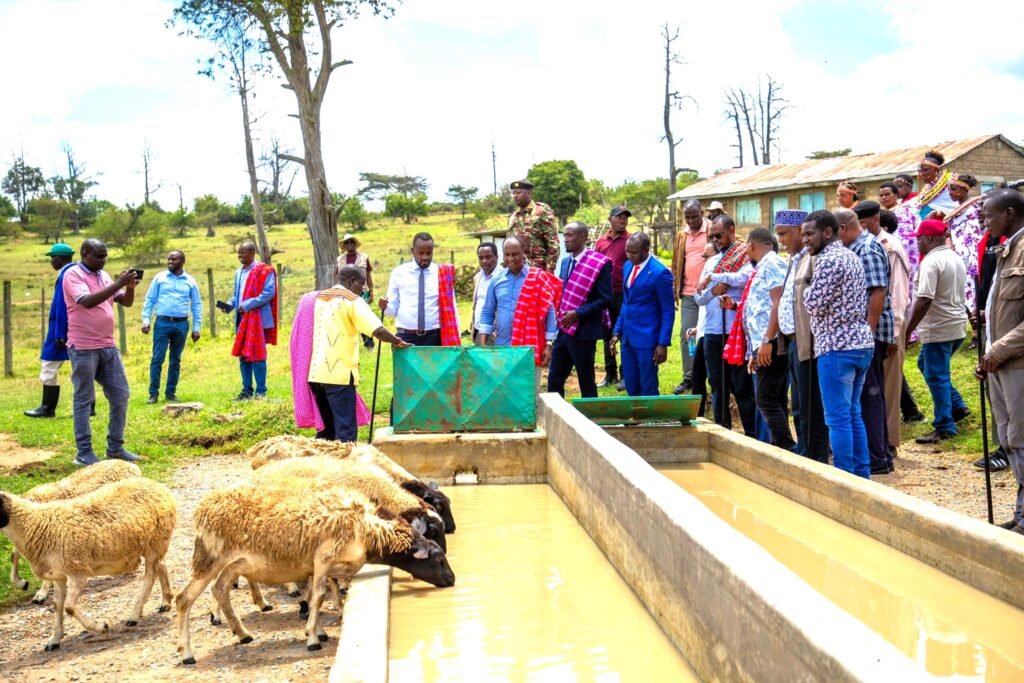
On insecurity challenges, Mueke acknowledged that cattle rustling had continued to undermine the livestock sector in Samburu. To address this, he stated that the government had developed the Animal Identification and Traceability System (ANITRAC), which had already been successfully tested on state-owned farms and would be rolled out nationwide.
“Every animal will have a tag with a chip, which will provide the information about the owner, breed, weight and vaccination history, and this will curb cattle theft. Traceability will also be beneficial to the farmer since buyers can easily identify where the meat came from through the ANITRAC stamp,” he explained.
During his visit, the PS also commissioned a Sh13.2 million water pan at the Nomotio Livestock Improvement Centre. The 20-million-litre facility is expected to strengthen the livestock economy while providing both residents and their animals with protection during dry seasons.
Samburu County Executive for Agriculture, Moses Leluata, said the county government is determined to shift livestock rearing from a traditional practice to a viable economic activity.
“Samburu County is a livestock county, and that is why we assigned 11 per cent of the county’s development budget to the livestock and agricultural sectors. This enables us to buy and distribute 1000 camels and 1000 Sahiwal heifers every financial year to improve the livelihoods of our people through livestock production,” he noted.
Leluata also hailed the partnership between the county government and the Kenya Livestock Commercialisation Project (KeLoP), which has facilitated the training of 20 community-based animal health workers and the provision of veterinary drugs and vaccines.


